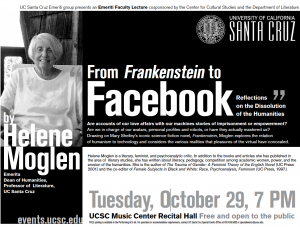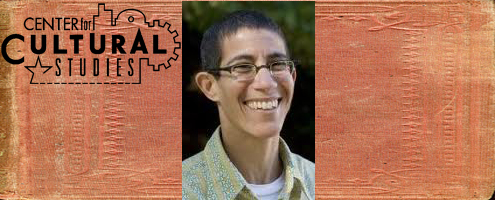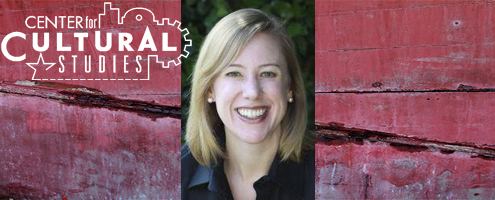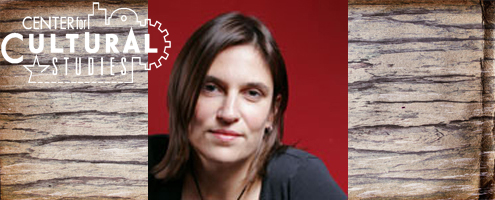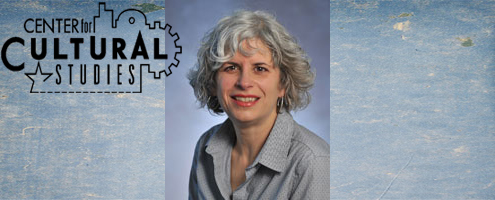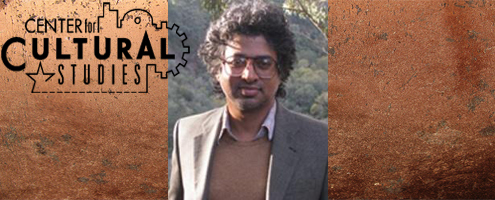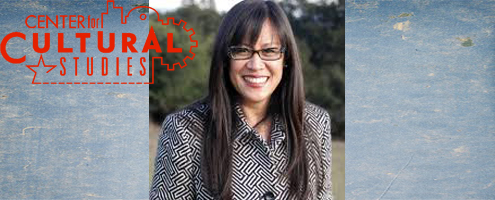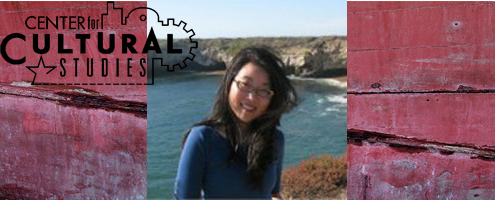UC Santa Cruz Emeriti group presents an Emeriti Faculty Lecture cosponsored by the Center for Cultural Studies and the Department of Literature.
Are accounts of our love affairs with our machines stories of imprisonment or empowerment? Are we in charge of our avatars, personal profiles and robots, or have they actually mastered us? Drawing on Mary Shelley’s iconic science fiction novel, Frankenstein, Moglen explores the relation of humanism to technology and considers the various realities that pleasures of the virtual have concealed.
Helene Moglen is a literary, feminist, and psychoanalytic critic. In addition to the books and articles she has published in the area of literary studies, she has written about literacy, pedagogy, competition among academic women, power, and the erosion of the humanities. She is the author of The Trauma of Gender: A Feminist Theory of the English Novel(UC Press 2001) and the co-editor of Female Subjects in Black and White: Race, Psychoanalysis, Feminism (UC Press, 1997).
FREE parking is available in the Performing Arts lot. For questions or accommodation requirements, contact UC Santa Cruz Special Events Office at 831.459.5003 or specialevents@ucsc.edu.

